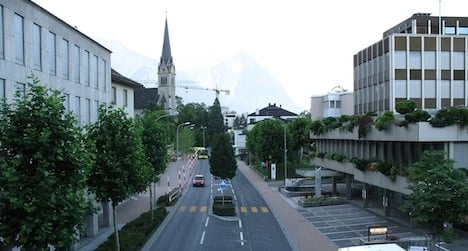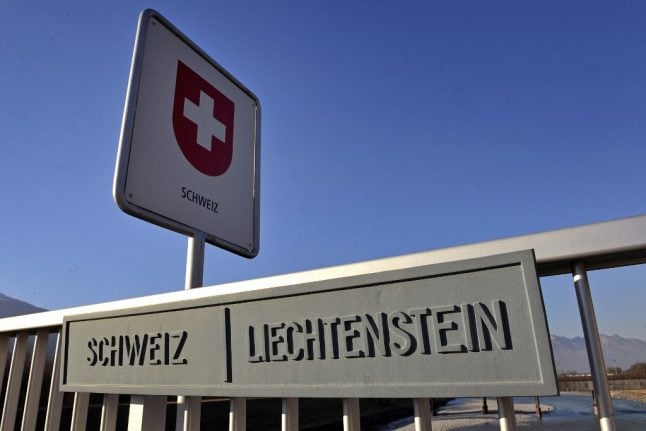Abacha, who died in 1998, is suspected of having looted the Nigerian central bank to the tune of about $2.2 billion when he ruled Africa's most populous nation from November 1993 to June 1998.
Nigeria first requested help from Liechtenstein in 2000 to recover the cash stashed there.
The tiny principality of some 37,000 people returned 7.5 million euros to Nigeria in late 2013, but the restitution of the bulk of the cash has long been blocked by lawsuits brought by companies linked to Abacha's family.
Several of the companies were sentenced in 2008 to repay money proven to have been taken from Nigeria's national budget, but four of the firms filed a complaint with the European Court of Human Rights in Strasbourg.
Following negotiations between the governments of Liechtenstein and Nigeria, the four ended up withdrawing their complaints in May, "clearing the path for repatriation of the assets once and for all," Vaduz said in a statement Wednesday.
The World Bank had agreed "to monitor the use of the repatriated assets," the statement said.
LIECHTENSTEIN
Liechtenstein to return assets to Nigeria
Liechtenstein said on Wednesday that it would return 167 million euros ($227 million) to Nigeria, ending a drawn-out battle by the African country to recover cash looted by late dictator Sani Abacha.
Published: 18 June 2014 19:10 CEST

Vaduz in Liechtenstein. Photo: Andrew Bossi.
Url copied to clipboard!



 Please whitelist us to continue reading.
Please whitelist us to continue reading.
Member comments